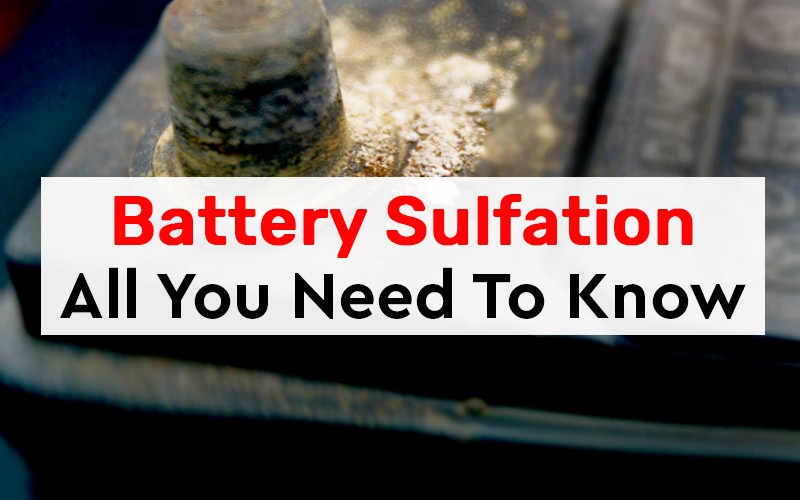A vehicle is powered by two distinct but equally essential forms of energy production. First, petrol offers the necessary energy to run the engine and propel the tires. Secondly, the battery pack offers
the operation of electrical energy to power it all from your high beams to stereo and finally to the mobile phone adapter. Your automobile will not start without such a functioning battery. Tesla
batteries are among the ebay in India that provide great performance.
Vehicle batteries have been carefully constructed to regenerate while you operate your automobile. Even yet, a battery's potential energy begins to decline over time. Sulfation is something many vehicle
owners struggle with.
What is sulfation?
The production of lead sulfate particles on the top of the battery's panels is generally known as sulfation. These crystal formations do not pose a significant threat in the short run. However, when the
coatings grow bigger, they start to decrease the number of electrode layers within the cell. As a consequence, the efficiency of the cell rapidly degrades.
It is normal for automobile batteries to experience this. Over time, all batteries will be facing this issue. However, the optimum performance of a vehicle battery will depend on how far it has operated
before sulfation becomes a significant issue.
Tesla Power USA is a forerunner in automobile battery technology all over the world that can change the dynamics of your battery life.
Keeping these points in mind regarding battery sulfation will be useful for vehicle owners.
Many early battery failures are caused by sulfation.
If you've ever had a battery expire before its average lifespan, sulfation could have been a factor. Sulfation is a typical major cause of premature battery problems in lead-acid vehicle batteries.
Sulfation has a variety of possible crippling effects on the battery's performance well before it leads the cell to fail. Even the best batteries produced by a brand can be damaged due to sulfation.
The starting performance of a sulfated cell is significantly reduced. When you try to start your vehicle, you may find that your engine lags. Battery sulfation raises the risk of a boil out, which occurs
when the acidity in the batteries boils and spills out leading to the reduction in the battery's practical execution speed across recharge.
Why battery damages occur earlier than it is anticipated?
Vehicle owners should be aware that sulfation is a normal process involving all cells to a certain extent. Sulfate cells form in little quantities almost every time the cell is used. However, batteries
exposed to particular conditions have a significantly higher risk of having a severe corrosion process.
Cells that are constantly undercharged are among the primary triggers of sulfation. The battery will never reach its full capacity since it was never fully charged. On a chemical synapse, undercharging
promotes the formation of sulfate crystals relatively easily. A rechargeable cell, on the other hand, has just enough energy to prevent sulfation. We produce the
best batteries in India, and we take pride in our performance and stability.
If you take your car out on the highway frequently, you won't be worried as much about sulfation as an urban user. Prolonged travels at faster speeds offer the generator more than enough time to fully
recharge the cell. Urban users, on the other hand, are at a considerably higher risk of sulfation, as shorter stop-and-go travel frequently fails to fully recharge the cell.
Sulfation is frequently reversible.
Sulfation is caused by a biochemical reaction that can also be reversed. Sulfates occur whenever the charger is running. The sulfates in the battery involve a period termed venting when you charge it.
When lead sulfate crystals are exposed to air, they decompose into sulphuric acid and lead.
As sulfation progresses, generally as a result of a persistently stiff battery, the alternator's ability to reverse the procedure becomes difficult. A charge desulfator, on the other hand, can often
recover satisfactory operation. By subjecting the cell to spurts of high frequency, a cell desulfator can remove even the hardest sulfate layers. Cell sulfates are so effective at what they do that they
might even revive old batteries.
These are a few reasons we have listed here to make you understand what Battery Sulfation is and how it affects your vehicle’s performance in the long run.
You can visit the auto specialists at Tesla Power USA for more advice on how to avoid sulfation and maintain the battery packs in good repair.






